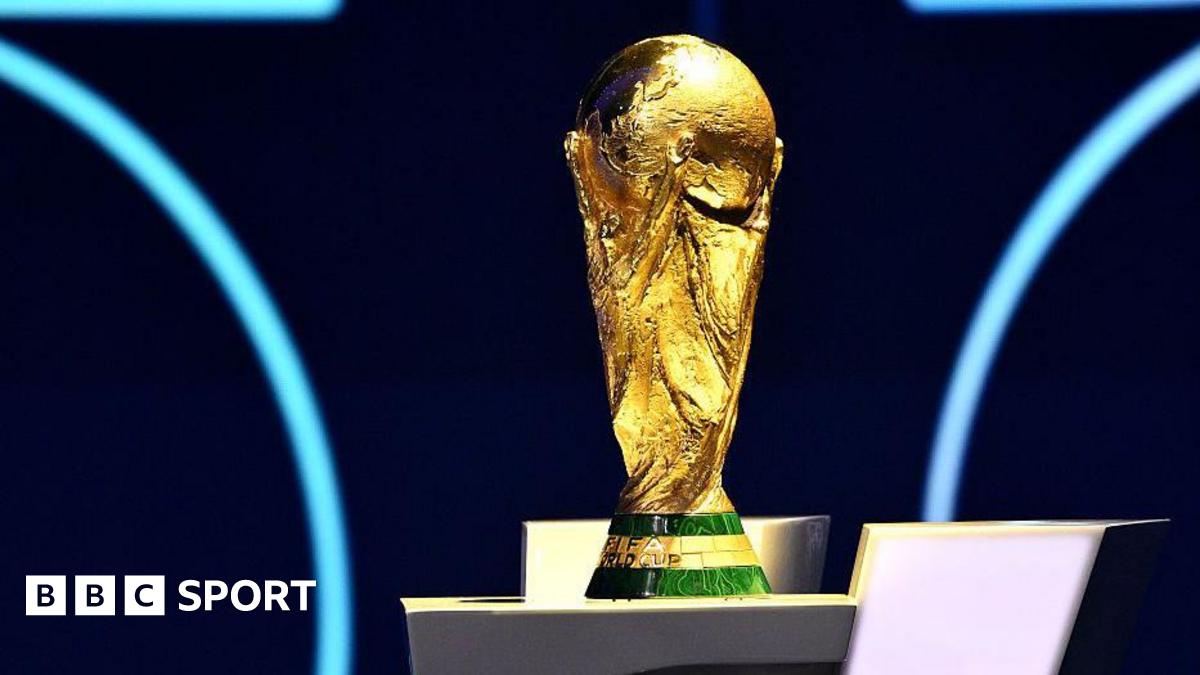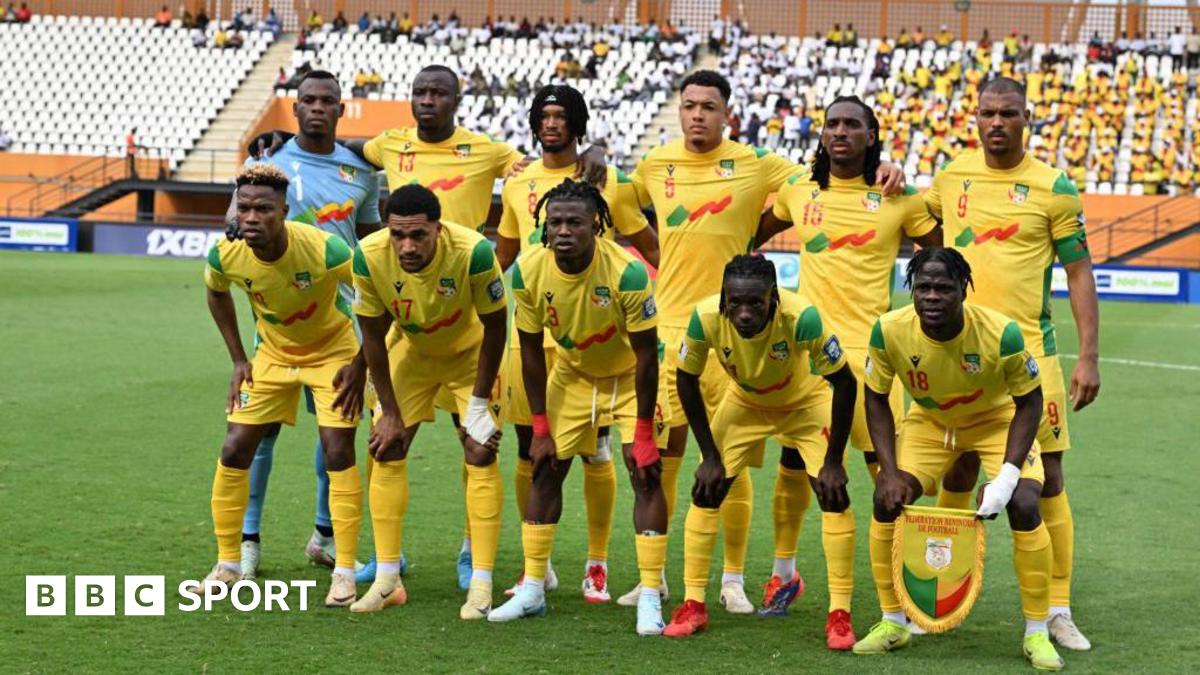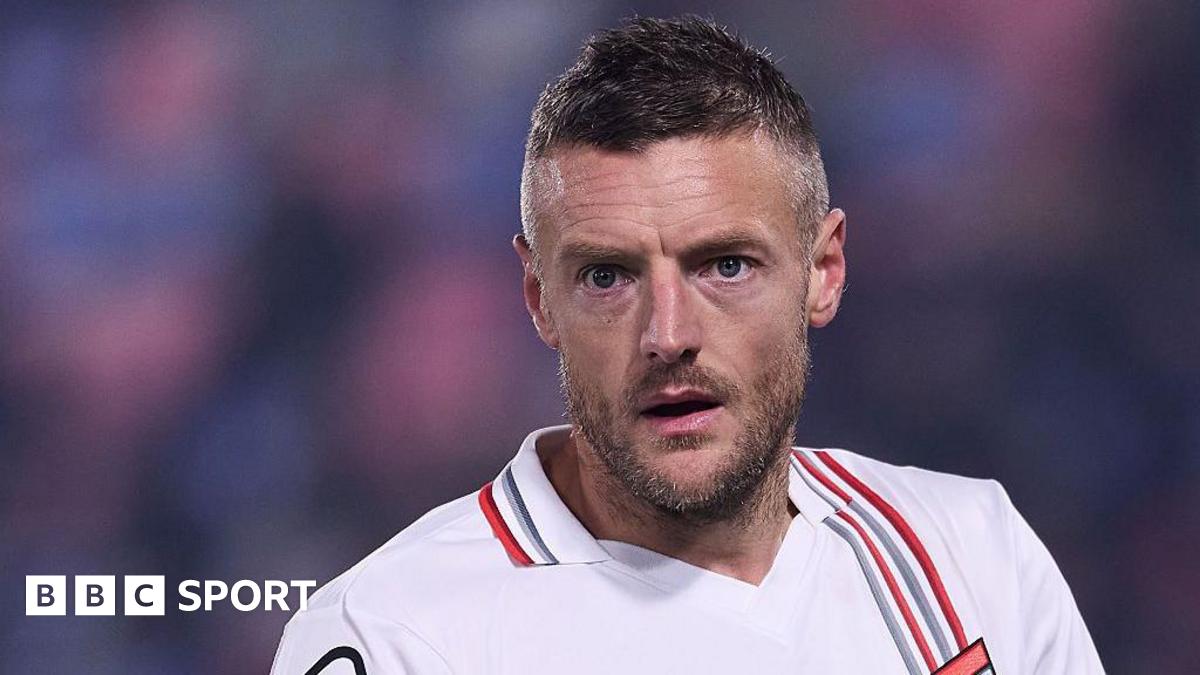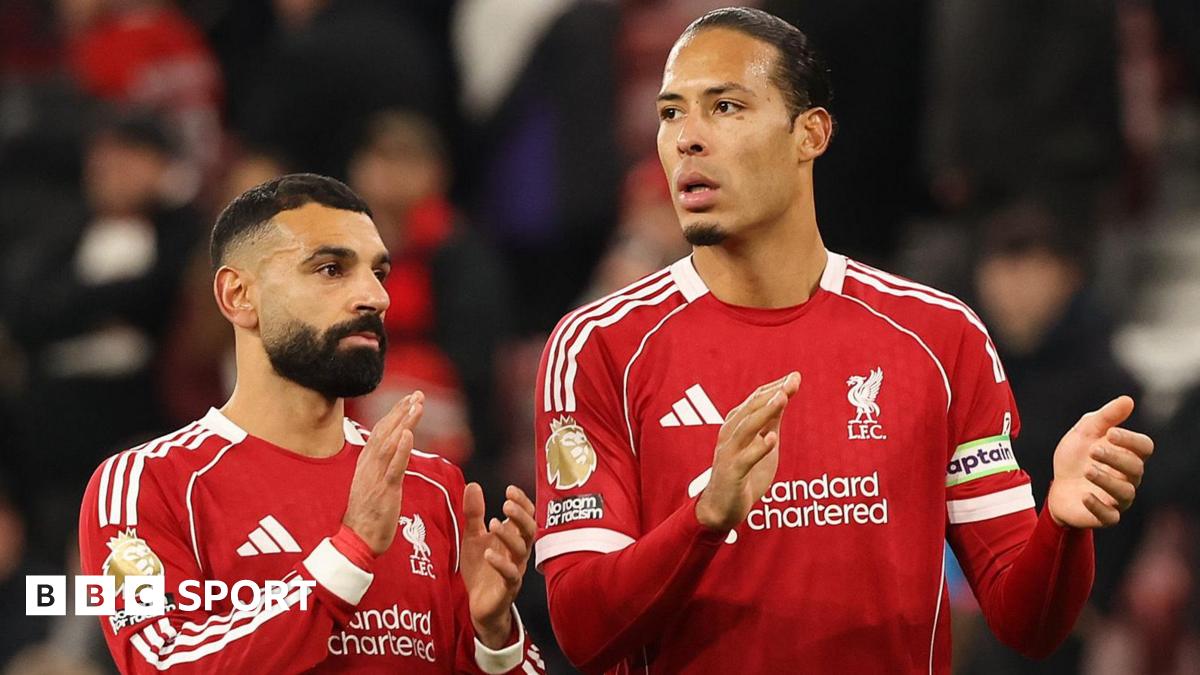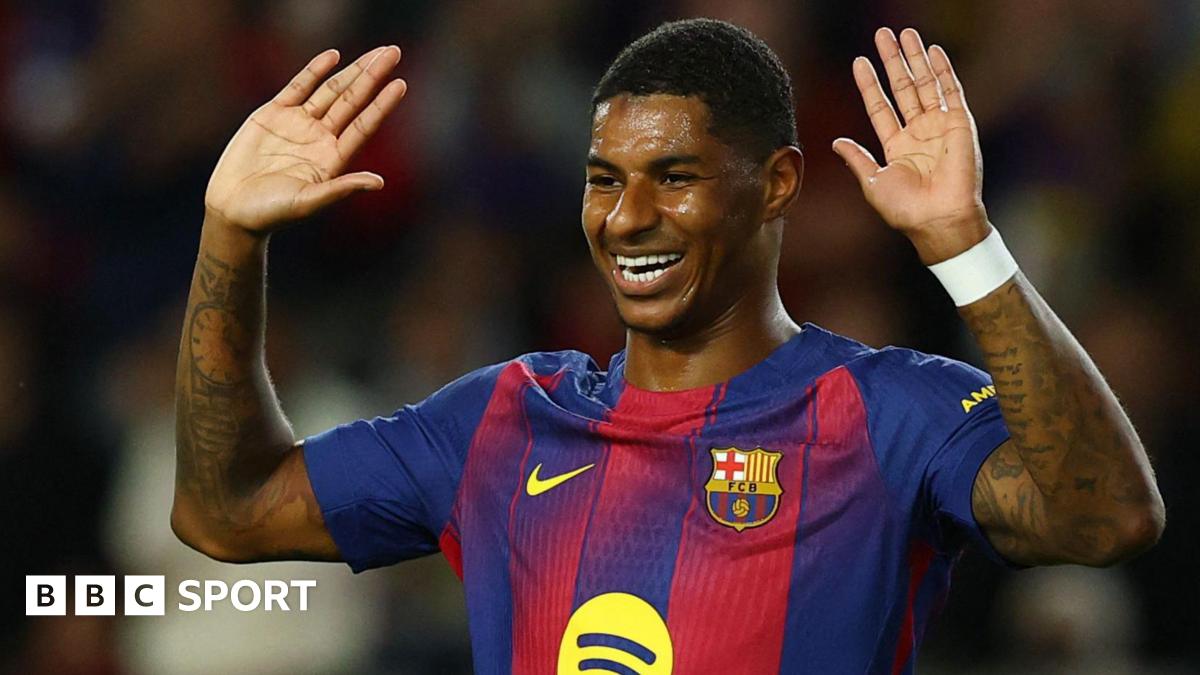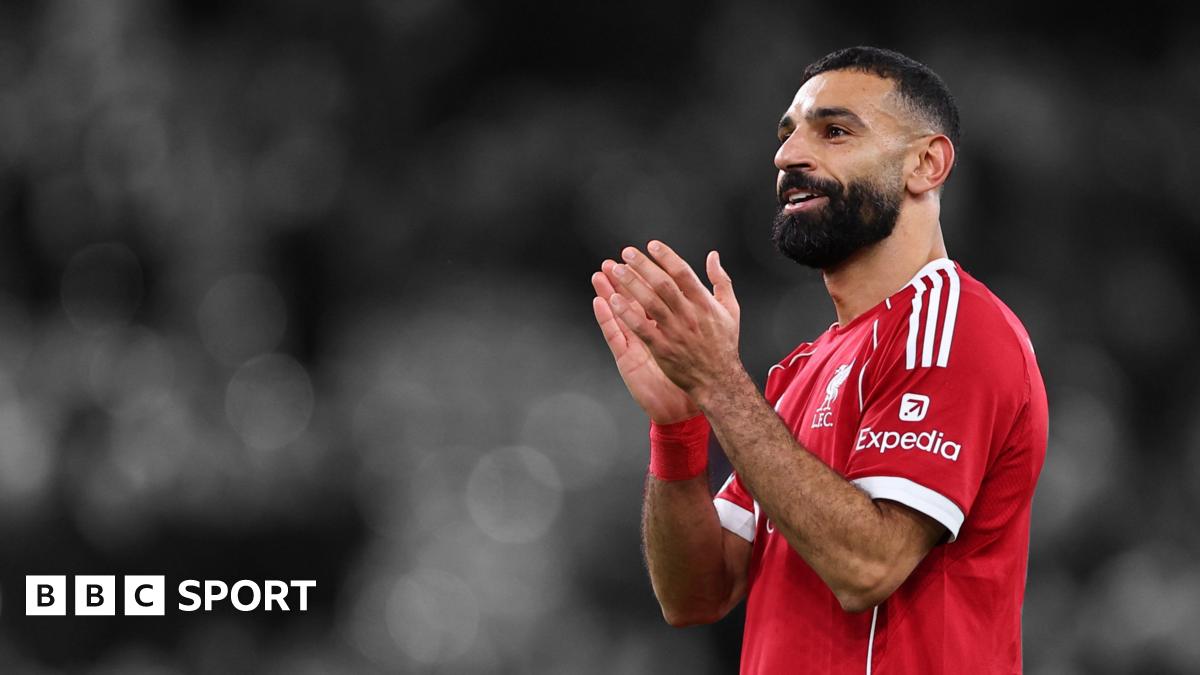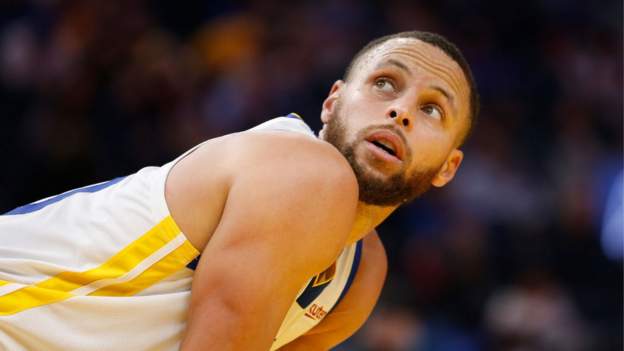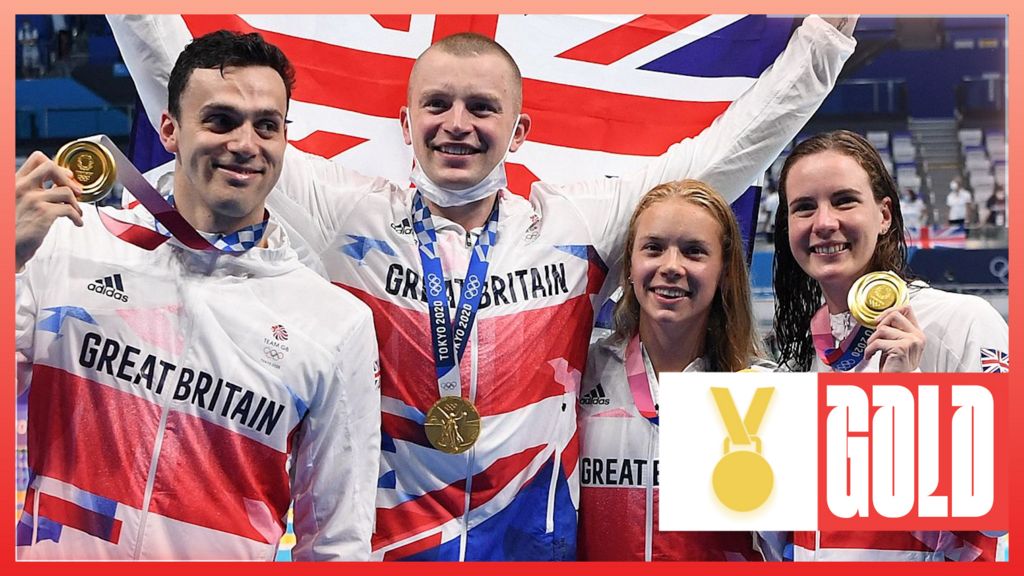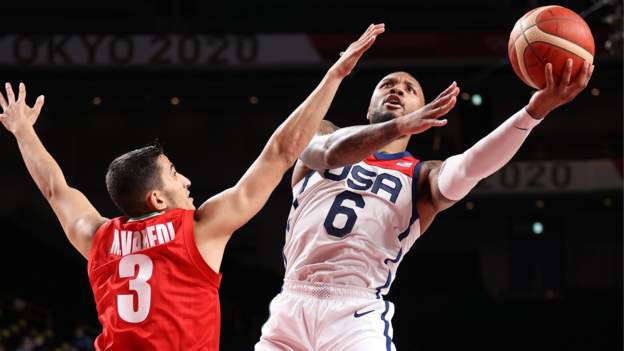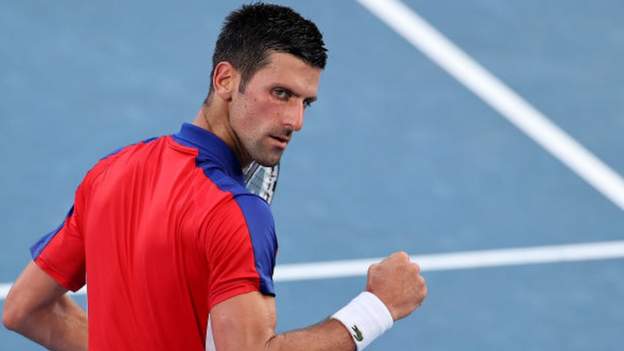‘The kid from the tough background’ is a standard boxing tale. Yet even in a sport awash with unresolved trauma, light-middleweight debutant Bilal Fawaz’s story stands out as he prepares to finally make his pro debut next month.
Born in Nigeria in 1988 to a mother from Benin and a Lebanese father, his early life was difficult.
“My mum had emotional problems,” reflects Fawaz. “She maltreated me and beat me, sometimes very badly.”
At just eight years old, his father, who he saw rarely, took Fawaz from his mother’s care and placed him with an uncle. Fawaz began lifting home-made weights and fashioned a punchbag from an old rice sack, which his aunt made him take down before he could get much use from it.
He recalls learning to drive at the tender age of 11 and taking family and friends to church every week. Then, at 14, Fawaz was suddenly informed he would be flying to London to reunite with his dad.
“I was excited,” he says. “To come to London, such a cool city, to live with my father.”
But the excitement did not last long. “After landing I was taken to a large house and was instructed to wait there until my dad arrived, but he never came,” Fawaz adds.
For several months, the bewildered teenager was imprisoned in the house, in a form of modern-day slavery. The residents forced him to clean the kitchen and perform other chores and over time, it became clear he was a victim of international child trafficking.
“I was not allowed to go out, I couldn’t go to school, it was terrible,” says Fawaz. “But what could I do?”
He began finding ways to sneak out undetected until one day he took the plunge.
“I ran without stopping,” Fawaz recalls. “Eventually I had run so far that I couldn’t find my way back, even if I wanted to.”
Finally free from his captors, Fawaz broke down in tears on the pavement. Alone, in a strange city, with no money, he had no idea what to do. Fortunately, he was approached by a passer-by, who took him to local social services in Uxbridge, west London.
This chance encounter resulted in a transfer into the care system where, for the next four years, Fawaz resided in a hostel for abused and abandoned children.
He began to re-engage with education and gained a sports diploma – the equivalent of three ‘A’ levels. Then, on an open day at Brunel University, he saw a man carrying a bag of boxing gloves across the grass, approached him and asked to get involved.
“You see, boxing found me,” says Fawaz. “I didn’t have to look for it.”
Fawaz joined the renowned All Stars club in Kilburn, founded by Isola Akay MBE, and took to boxing immediately. He soon developed a light-footed, elusive style, and became national light middleweight amateur champion in 2012, before captaining the England boxing team in international competitions.
“I don’t get hit,” he adds, pointing to his unmarked face with a smile. “That’s not my style. I don’t use muscle to approach boxing, I use intelligence, I set traps, I move.”
Despite his stellar performances, a record of 80 wins from 90 amateur fights and a victory over Ted Cheeseman, who would go on to become a British professional champion, Fawaz’s path to the paid ranks has been littered with obstacles.
Since turning 18 he has faced never-ending struggles to stay in the UK. Offered a lucrative professional contract by promoter Frank Warren, Fawaz was unable to accept as his status did not allow paid employment.
Under the ‘hostile environment’ regime, introduced in 2012, the UK Home Office has tried twice to deport him to Nigeria, but thwarted as his birth was not registered there.
Fawaz’s father, meanwhile, has died, meaning links to the Lebanon have been erased, too. While existing in immigration uncertainty, Fawaz was arrested and placed in a migrant detention centre where he self-harmed and taught himself to play the piano.
Even today, the long, draining struggle for basic rights continues. Fawaz was given government respite, in the form of a temporary work permit in 2020. Now 33, he is able to pursue his ambitions at last.
“We are still in legal proceedings with the Home Office,” he explains, his voice tinged with emotion.
“They give me no recognition in terms of citizenship, but there is nowhere else I can go. What am I? A citizen of nowhere?
“I have been here for 20 years, nearly two-thirds of my life, but in 30 months I must reapply if I want to make a living.
“It’s crazy. I have fought for England, been England’s captain. I even represented England against Nigeria, then they try to deport me there. I’ve never been to prison, I’ve never done anything dangerous. All my case needs, is for someone to look at it with some discretion, even a little generosity.”
Fawaz is training in Liverpool with former British and Commonwealth lightweight champion Derry Matthews and makes his professional debut in London on 11 February against Russian Vladimir Fleischhauer.
With pursuits in music, acting and motivational speaking, he knows he needs to make up for lost time.
“Boxing is a platform for me,” adds Fawaz. “I want to make the most of it and I’m relying on my promoter to push me along. I want to use success in the ring to inspire the youth. I know I must move quickly, but I believe I can be world champion.”


